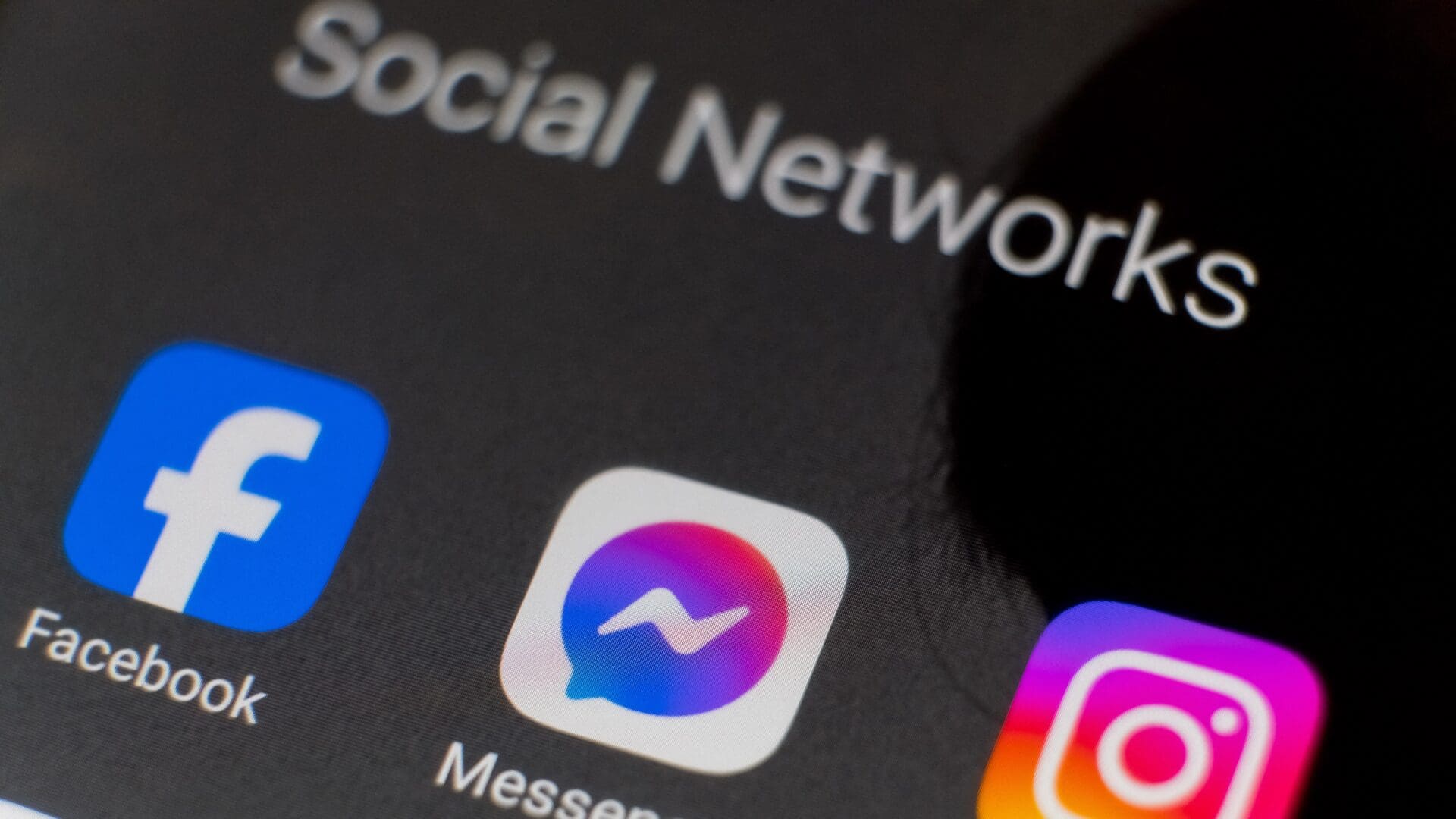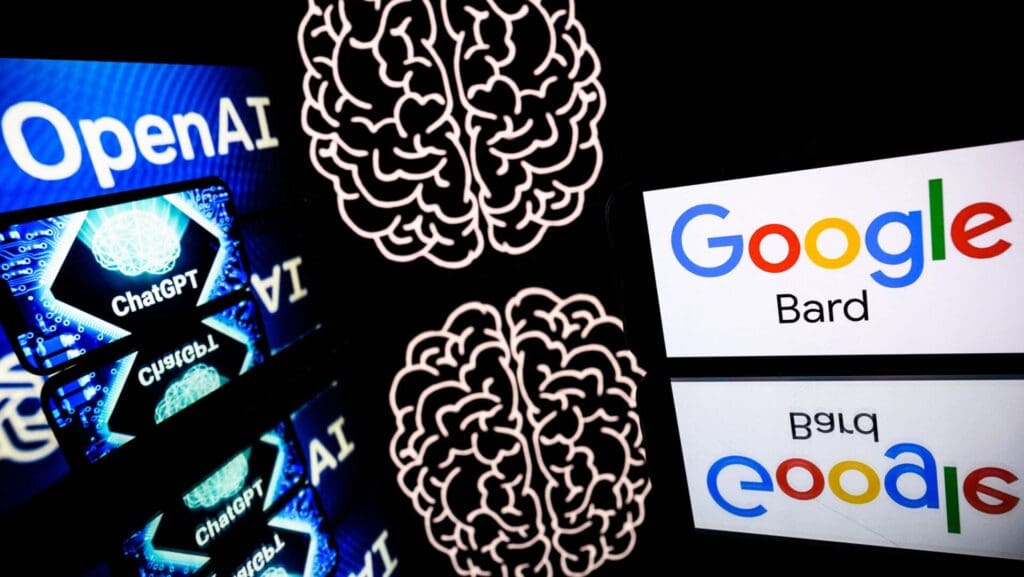In today’s digital age, the excuse of being uninformed holds less water than ever before. With the Internet at our fingertips, we’re swimming in a sea of information. Gone are the days of laborious hours spent scouring library shelves; now, the answers we seek are just a search query away.
However, in reality, just as not all that shimmers is gold, we must make a crucial distinction: What we have access to is unfettered data, but that alone does not equate to knowledge.
The existence of the gatekeepers, curse or bless them, imposed a certain standard for published work.
An agent had to take interest in your book. A publisher had to agree to invest in printing black ink on paper and an author’s advance. Thus, certain standards had to be met in order for ideas to see the light of day. While this system ensured a level of quality, we must also acknowledge that it sidelined voices and perspectives that may have held immense societal value.
Moreover, the act of writing a book is no small feat. It demands copious amounts of time, thought, and research. I know this well, having just recently finished my own first edition (see: No Apologies: How to Find and Free Your Voice in the Age of Outrage).
But not only does a book require much of the author, readers are active participants and investors (of time) in the exchange of ideas. Engaging with a book demands more than a cursory glance—it requires introspection, reflection, and a willingness to delve into the depths of thought. The reader engages with a book differently than, say, a half-baked idea hinted at in a newspaper headline, a limited answer provided by an AI chat bot, or while skimming a Google search result. And they, hopefully, glean a certain depth, broadness of ideas and their application, context, and nuance.
However, we rent space within an era dominated by instant gratification and fleeting attention spans. Articles have grown shorter, tailored to fit into the fast-paced rhythm of modern life and shrinking budgets. Attention spans, meanwhile, seem to dwindle by the day—our thoughts drifting off course at the slightest distraction…sorry, where were we again?
Books, of course, are still read, but it’s hard to deny that the vast majority of us are ‘educated’ by the Internet.
The Internet, for all its premises as a beacon of knowledge, now resembles more of a digital information wasteland.
It’s not that there aren’t well-written essays or long-form articles out there. It’s not as if one cannot find quality, deep content if one seeks it out. It’s just that we’re overwhelmed by the popcorn.
Social media, in particular, stands as a prime culprit, its algorithms amplifying sensationalism and false information with reckless abandon. It’s the fastest way to learn of a breaking story—but also the most direct path to being misled by one, owed to the overall lack of vetting. This often happens accidentally, but is occurring with increasing frequency intentionally as well. With deep fakes and AI, this will only get worse.
Just look at the amount of fabricated information about the invasion of Ukraine and the Israel–Gaza war. Some of it can be tracked down to bad players, bot farms, and state actors—but plenty is also distributed through unwitting accomplices who do not take the time to verify what they are sharing and are tethered to their confirmation bias.
Today, thanks to social media, everyone can wield the power of a publisher. Some are tiny, while others reach millions—disseminating information true and false.
But beyond the disinformation or errors is the reality that much of this content isn’t filled with substance. After all, being clever and outrageous is rewarded far more by the algorithm gods than being accurate and nuanced.
Being concise is a valuable skill, but it shouldn’t come at the expense of depth.
Yet, it does.
And because we have such access to all sorts of information, we are frequently under the illusion that we know more than we actually do. That’s what happens when a complex geopolitical conflict is reduced to a TikTok video, or a meme.
We don’t see what we’re missing.
The crux of the issue lies not in the availability of information, but in its quality and veracity—and our ability to distinguish that.
When we are unable to do so, we base our opinions and actions on a false perception of the world. Therein lies the greatest danger. How can we possibly make the right decisions about our present and future when we don’t even know what is?
If humanity is to prevail in the quest for genuine knowledge, rather than succumbing to the illusion of understanding where ignorance lurks, we must overhaul our systems of information dissemination to prioritize substance over sensationalism and incentivize knowledge over clickbait. It’s imperative that we recognize our cognitive constraints and cultivate the skills necessary to scrutinize sources, discern credibility, and embrace a more dogmatic and disciplined approach to learning.








